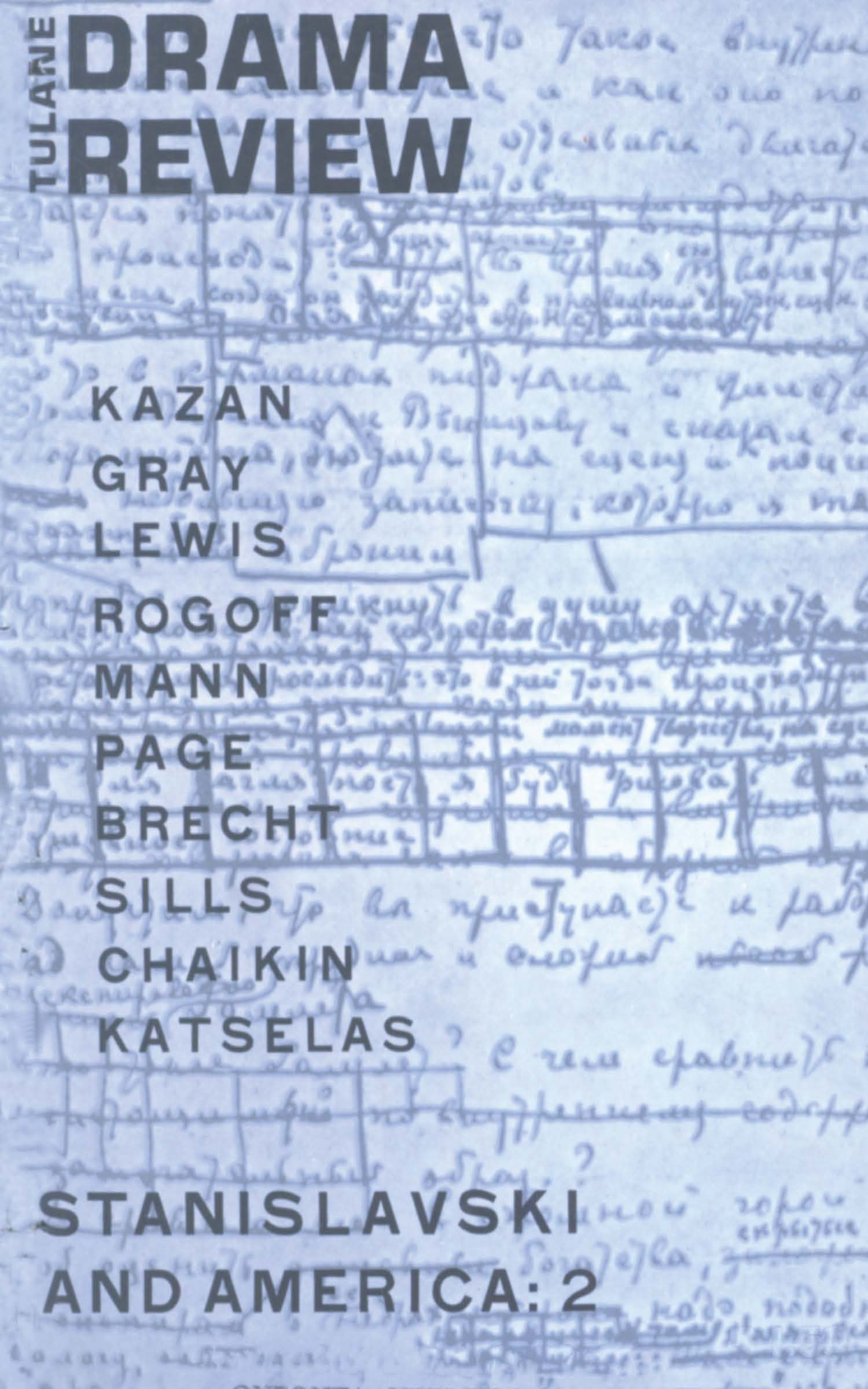The Art of Acting
Published online by Cambridge University Press: 23 November 2021
Extract
In a famous speech about actors in 1928, Max Reinhardt called the art of theatre “the oldest, most powerful, most immediate of the arts, combining the many in one.” The statement may appear exaggerated, but it is only a weak echo of statements which great minds in the past have been inspired to make. Voltaire called the theatre “the noblest and most useful thing invented by the human mind,” and Victor Hugo designated the drama, in his well-known manifesto, the preface to Cromwell, as “complete poetry,” the “ocean” into which all the other streams of poetry flow. But I do not intend to speak of the theatre in general, only of the art of acting; partly because it seems to me that problems in the art of acting have had a profound effect upon the current as well as the eternal state of the art of theatre (does not the contemporary drama and film owe much to actors?), and partly because this distinctive art form has virtually never been the subject for scholarly analysis.
- Type
- Research Article
- Information
- Copyright
- Copyright © The Tulane Drama Review 1961
Footnotes
Parts Two and Three will appear in subsequent issues.
- 1
- Cited by




